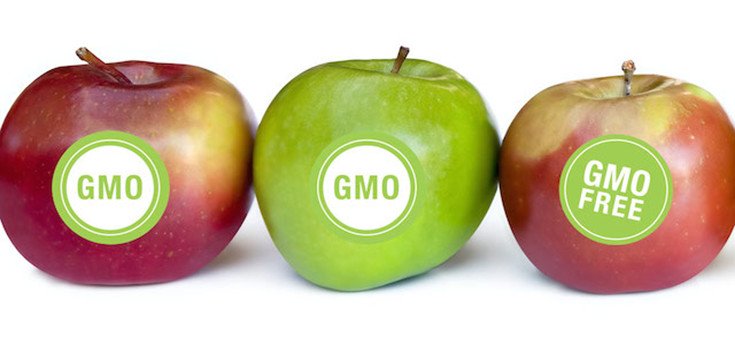FDA Won’t Make Food Companies Label GM Plant Foods

The federal government has decided that Americans don’t need to know what’s in their food. The U.S. Food and Drug Administration (FDA) said recently that it would not require labeling of genetically modified plants that have been approved for sale.
“The agency is not aware of any valid scientific information showing that foods derived from genetically engineered plants, as a class of foods, differ from other foods in any meaningful way. GE (genetically engineered) foods don’t present greater safety concerns than foods developed by traditional plant breeding,” the agency said.
“However, if a food derived from a genetically engineered plant is materially different from its traditional counterpart, the labeling of that food must disclose such differences,” the FDA said.
That would mean, for example, that canola oil genetically engineered to contain more lauric acid must be labeled “lauric canola oil.” Most Americans would have no idea what that means.
“Similarly, soybean oil containing higher levels of oleic acid than conventional soybean oil must be labeled ‘high oleic soybean oil’,” FDA said. [1]
In issuing new guidelines to food makers about how to describe their products and that they may or may not be genetically engineered, the FDA said it could not require companies that make GM foods to indicate on their labels that the products are modified, but companies are free to do so voluntarily.
Federal health regulators said the label “GMO,” which stands for genetically modified organisms, is too broad and sometimes inaccurate. The word “organisms” is especially troublesome to the FDA, as “most foods do not contain organisms.” An exception would be yogurt and other foods containing live and active cultures.
According to the FDA guidance, the agency probably won’t take any action against companies that insist on using “GMO” on its labels. The government would prefer, however, that companies that wish to specify that its products are organic use phrases like “not bioengineered,” “not genetically engineered,” or “not genetically modified through the use of modern biotechnology,” instead.
Companies that choose to be honest about GMO ingredients should use explanations like “genetically engineered” or “this product contains cornmeal from corn that was produced using modern biotechnology” or “some of our growers plant soybean seeds that were developed through modern biotechnology to be drought tolerant,” according to the FDA. [2]
The FDA denied petitions filed by the Center for Food Safety and the Truth in Labeling Coalition that asked the agency to require GMO labels on biotech food products because they were “materially different” from other crops. In June, we launched a petition of our own to spark required GMO labeling.
The agency pointed out – almost proudly – that it’s incredibly difficult to avoid GM plants, saying:
“In 2013, in the United States, bioengineered soybeans made up 93 percent of the acreage of planted soybeans, bioengineered cotton made up 90 percent of the acreage of planted cotton, and bioengineered corn varieties made up 90 percent of the acreage of planted corn. In addition, bioengineered sugar beets accounted for 95 percent of the acreage of planted sugar beets in the 2009-2010 crop year.”
Sources:
[1] NBC News
